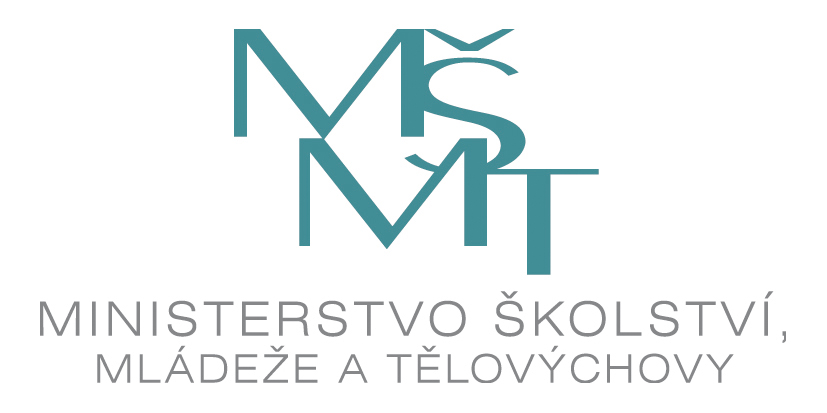Ecological consumption and production
A clean environment and sustainability are of fundamental importance for human health and well-being. Therefore, we are organizing a timely data discovery event on Ecological consumption and production. There will be a brief introduction of the organizing data archive (ČSDA) and some of the data it contains regarding the environment and sustainability in a broader sense but also data that can be found on this topic elsewhere. The introduction will be followed by two presentations that draw on the data that either is already publicly available or is expected to be shortly. After each presentation, there will be time for the questions from the audience. Especially researchers are encouraged to participate, but the event could be of interest to a wider audience. The event is part of the CESSDA training activities.
Recording available on YouTube
Program:
14:00 - 14:20: “Czech social science data archive as a gateway to data (not only) on ecological consumption and production”, Martin Vávra (Czech Social Science Data Archive)
The introductory presentation will introduce the Czech Social Science Data Archive (ČSDA) and available environmental data with an emphasis on ecological consumption and production.
14:20 - 15:00: “Sociological insights into the food gardening in the heart of Europe”, Jan Vávra
The presentation will focus on home gardening (labelled often also as food self-provisioning) in the context of modern society. The representative dataset based on the questionnaires filled by more than two thousands Czech respondents in 2015 will be introduced and some of already published research will be presented. This insight into the available data accompanied with a little bit of theory will illustrate which sociological, but also geographic, economic or environmental aspects could be researched and what questions about sustainability of contemporary food systems and the role of gardening within society researchers could ask.
Jan Vávra works in the Department of Local and Regional Studies of the Institute of Sociology of the Czech Academy of Sciences. He is an environmental sociologist nowadays mostly dealing with the social, health and environmental context of gardening as informal food production. Jan is co-chair of the Environmental and Rural Section of the Czech Sociological Society.
15:00 - 15:30: “Environmental behaviour of Czech households and individuals with a focus on food waste”, Radka Hanzlová
Food waste is a significant social, environmental, and economic problem that is often overlooked. At the same time, it is an issue that everyone can contribute to solving through their behaviour. In my presentation I would therefore like to look at the problem of food waste primarily in relation to the environment, focusing on individuals and households. What do people buy food on? Do people think about the environmental impact of the production of the food they buy and consume? Is the way people eat related to their environmental mind-set? What environmentally friendly activities do people do in their households? Do people buy organic food? These are not the only questions I will answer in my presentation. The results are based on data from the representative surveys "Food" carried out within the framework of the research programme of the AV21 Strategy - Food for the Future and "Our Society" carried out by the Public Opinion Research Centre.
Radka Hanzlová is a PhD student in Sociology at the Faculty of Arts of Charles University and works as a researcher at the Public Opinion Research Centre of the Institute of Sociology of the Czech Academy of Sciences, where she deals with the research topic "Food Waste as a Global and Local Problem".

The organization of the workshop was supported by the Czech Social Science Data Archive project CSDA, reg. no. LM2018135. The project received funding from the Ministry of Education, Youth and Sports grant intended for support of the large research infrastructures.









